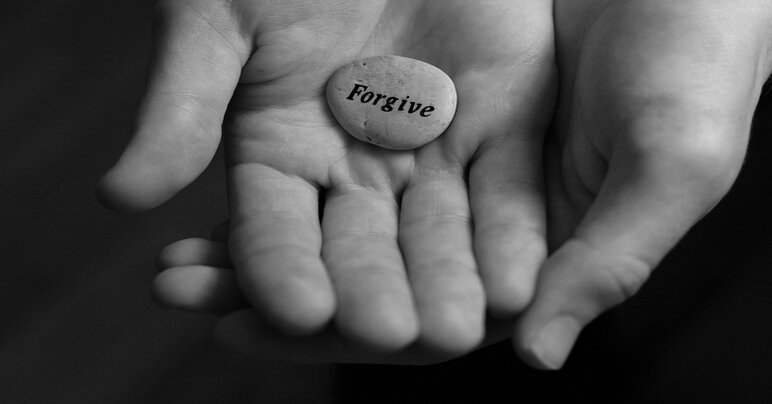What the Torah Says About Forgiveness

The Gaon of Vilna tells us that the purpose of man’s creation is to overcome one’s natural inclinations.
Hashem created angels, purely spiritual beings that act in accordance with His will. He created animals, purely physical beings that act according to their innate drives. Then He created man, a physical being with all the drives of an animal, but with a spirit that enables a person to resist the physical drives and act according to Hashem’s laws, which often require subduing the innate physical drives.
In contrast to animals, man has this ability, and his mission is to utilize this ability and overcome his natural inclinations. Man then becomes spiritual, but, in contrast to angels that are created spiritual, man achieves spirituality by his own efforts.
Nowhere is man put more to the test of becoming spiritual than in the area of forgiveness.
Suppose someone has offended you, provoking you to intense anger. You are seething with anger, your natural inclination is to punish that person, and you are looking forward to the opportunity to do so. This person then asks you to do him a favor.
Ramchal in Mesillas Yesharim says, “Hate and revenge, too, are very difficult for man’s spiteful heart to escape, for in view of his being extremely sensitive to insult and suffering great anguish because of it, revenge, which is the only thing which will put him at rest, is sweeter than honey to him” (Chapter 11). You may find some relief in saying, “What chutzpah! You expect me to do you a favor when you were so nasty to me?” But the Torah says, “Lo sikom — You shall not take revenge” (Leviticus 19:18).
So, you forgo “the only thing which will put [you] to rest” and which “is sweeter than honey,” and you want to say, “You don’t deserve a favor from me. But I am more of a mentsch [decent person] than you are, and I will do it for you.” But the Torah states, “Lo sitor — You shall not bear a grudge” (ibid.). If you are able to do the favor, you should do it without comment.
A powerful lesson on how to overcome the desire for revenge is seen in the saga of Joseph and his brothers. After Jacob died, the brothers sent a message to Joseph that Jacob had asked him to forgive them. Joseph said to them, “Fear not, for am I instead of G-d? Although you intended me harm, G-d intended it for good” (Genesis 50:16-20).
Rashi explains that Joseph said that there is no point in fearing that he would exact revenge, because man cannot control the outcome of his actions. “If I would wish to punish you, I am powerless to do so, because Hashem determines the results of one’s actions.” If we realize that we are powerless to take revenge, it is easier to relinquish that desire.
Having subdued your drive for what “is sweeter than honey” and given up “the only thing which will put [you] to rest,” you find that you still feel hostility toward the offender. The Torah says, “You shall not hate your brother in your heart” (Leviticus 19:17). This is where forgiveness comes in. It might appear that the Torah is asking something superhuman of you. However, Hashem does not ask of a human being anything of which he is not capable.
So the next time Hashem puts a test in front of you in which you are either able to hold on to your anger and wish revenge on a fellow human being or let go and forgive, remember what the Torah tells us: subdue your anger and let go of your grudge. It will always benifit you in the long run to take the high road.
Reprinted with permission from ArtScroll/Mesorah Publications.
Dr. Twerski stems from a long line of Chassidic greats, of the Chernoble and Sanz dynasties, and traces his ancestry to the Baal Shem Tov, founder of the Chassidic movement. The author of more than 60 books, including collaboration with the late Charles Schulz, creator of the Peanuts characters, Dr. Twerski has been a guest on many television and radio programs and featured in hundreds of magazines, newspapers and publications world. Among his many books are Living Each Day, daily inspirational messages,Twerski on Prayer, Lights Along the Way, a commentary on Mesilas Yesharim (Path of the Just), Angels Don’t Leave Footprints, Life’s Too Short and Ten Steps to Being Your Best on issues of self-esteem,, and Getting Up When You’re Down on depression and related conditions.








